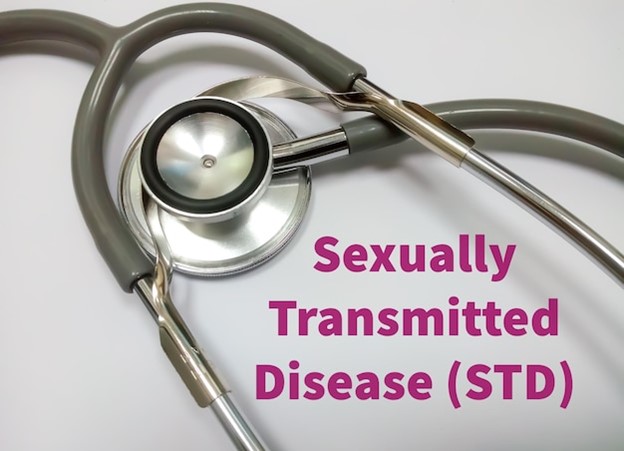South Africa faces significant challenges when it comes to sexual health and the prevention of sexually transmitted diseases (STDs). With one of the highest HIV/AIDS rates in the world, comprehensive efforts are required to address these issues. Education and access to services play crucial roles in promoting sexual health and preventing the spread of STDs. By focusing on these two pillars, South Africa can make significant progress in reducing the burden of STDs and improving overall sexual well-being.
Education is the foundation of any successful sexual health promotion strategy. Comprehensive sexual education programs need to be implemented across the country, starting from early adolescence. These programs should address not only the biology of sexual health but also emphasize the importance of consent, healthy relationships, and responsible sexual behavior.
Sexual education should be culturally sensitive and tailored to the specific needs of different communities in South Africa. It should include information about contraception methods, the proper use of condoms, and the importance of regular testing for STDs. By providing accurate information and dispelling common myths and misconceptions, these programs can empower individuals to make informed decisions about their sexual health.
Additionally, education efforts should focus on reducing stigma surrounding STDs, particularly HIV/AIDS. The stigma associated with these diseases often prevents individuals from seeking testing and treatment, perpetuating the spread of infections. By fostering a non-judgmental and supportive environment, South Africa can encourage individuals to come forward for testing, early treatment, and care.
Access to sexual health services is another critical aspect of promoting sexual health and STD prevention. South Africa must ensure that affordable and comprehensive sexual health services are readily available to all individuals, regardless of their socioeconomic status or geographical location. This includes access to testing, treatment, counseling, and contraception.
One key element in improving access is the establishment of well-equipped clinics and healthcare facilities throughout the country. These facilities should be staffed with trained healthcare professionals who can provide confidential and non-discriminatory services. Mobile clinics and outreach programs can also be employed to reach remote and underserved communities, ensuring that no one is left behind in the effort to promote sexual health.
Moreover, efforts should be made to improve the availability and affordability of contraception methods, including condoms and other barrier methods. Condom distribution programs have proven successful in reducing the transmission of STDs, including HIV/AIDS. By making condoms widely accessible, South Africa can empower individuals to protect themselves and their partners.
Collaboration between the government, healthcare providers, non-governmental organizations, and community leaders is crucial in implementing effective sexual health promotion strategies. This collaboration can help mobilize resources, raise awareness, and foster community support for initiatives aimed at preventing STDs and promoting sexual well-being.
In conclusion, promoting sexual health and STD prevention in South Africa requires a multi-faceted approach. Education that encompasses comprehensive sexual health knowledge and addresses social norms and attitudes is vital. Access to affordable and comprehensive sexual health services, including testing, treatment, and contraception, must be ensured for all individuals. By investing in education and improving access to services, South Africa can empower its citizens to make informed choices, reduce the spread of STDs, and foster a healthier, more sexually responsible society.










